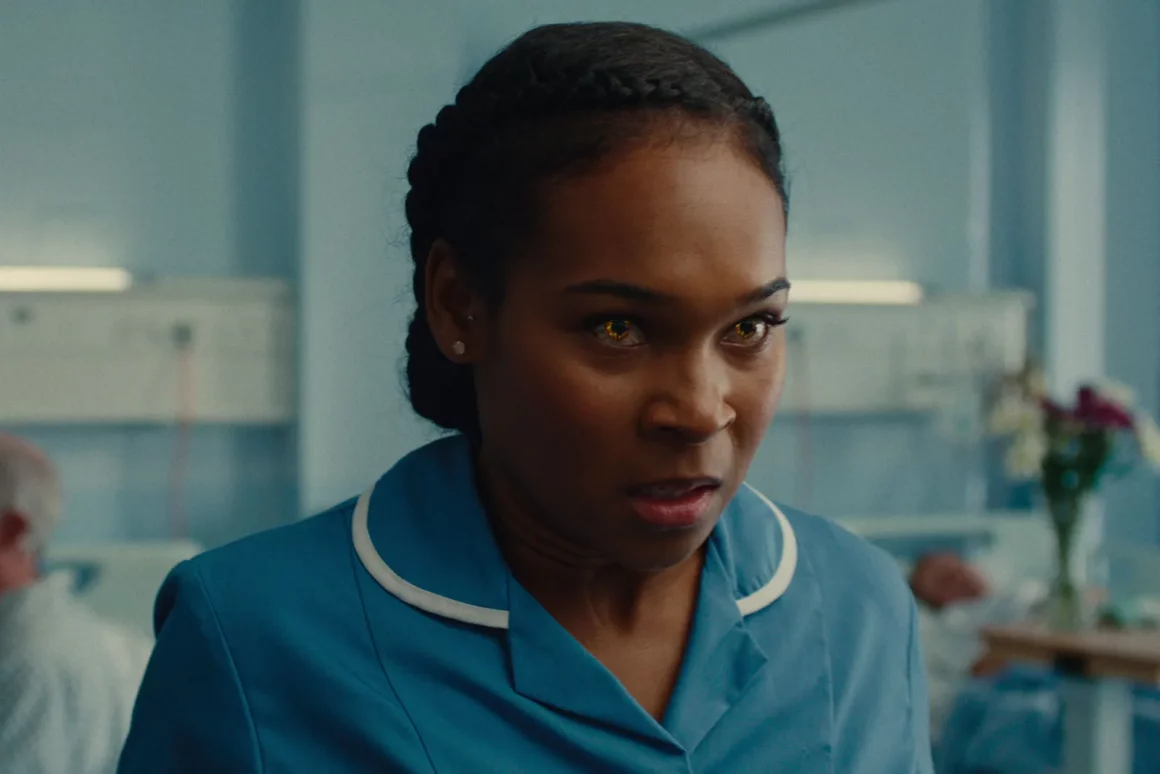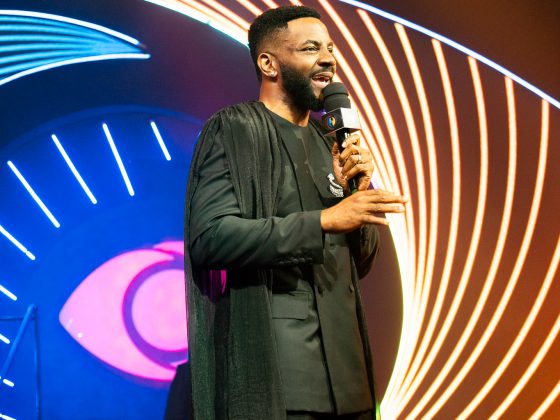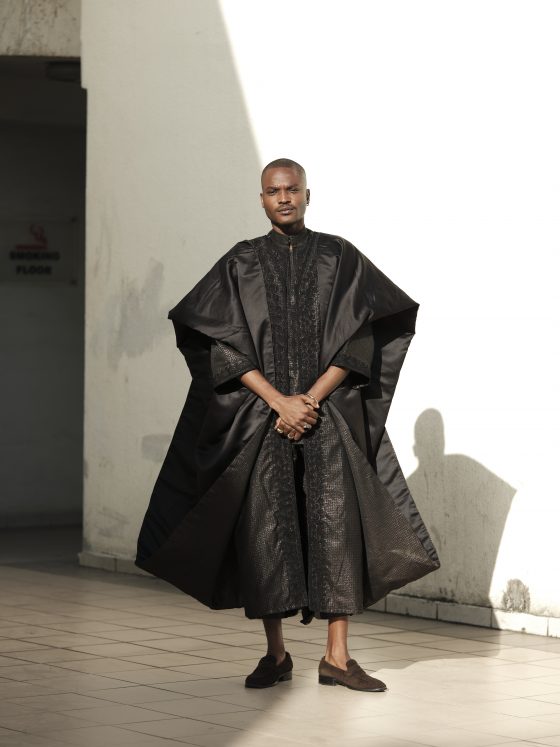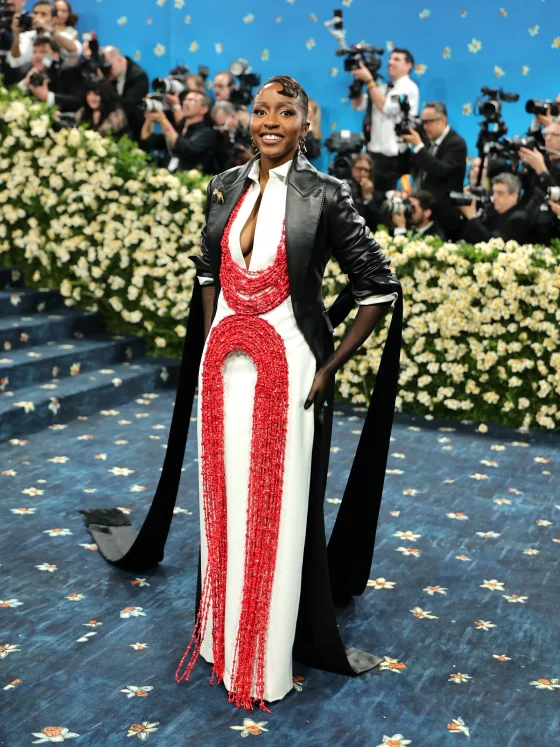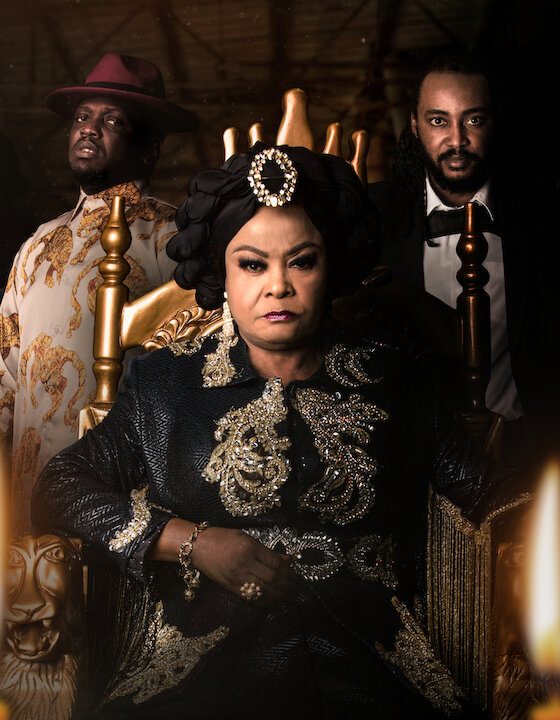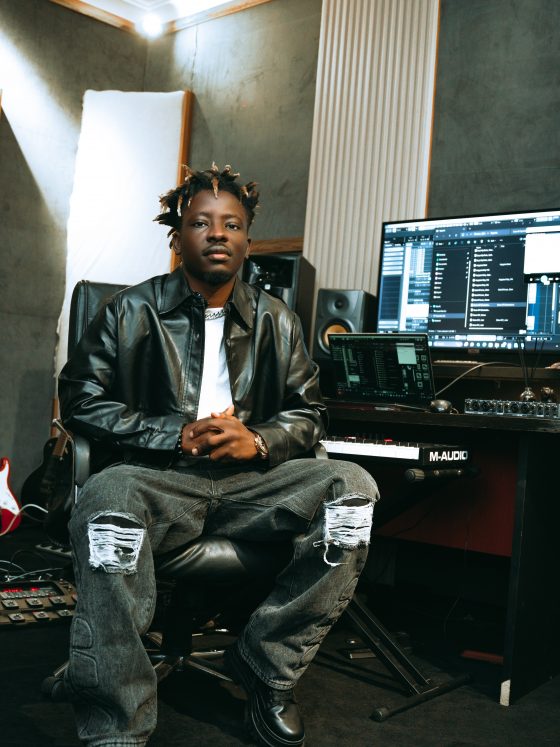Netflix’s latest series, ‘Supacell’, dropped on the 27th of June, and we haven’t been able to stop talking about it! The series feels like a breath of fresh air from all the “cougary” rom-coms that have been churned out lately, blending the extraordinary with the every day in a way that feels both familiar and novel.
What’s more exciting is the fact that it was created by British rapper of Nigerian Descent, Andrew Onwubolu who is known for his unique storytelling style of rap. And get this, a ton of the cast are also British-Nigerians!
Now let’s dive into all the juicy stuff of what SupaCell holds.
Spoiler-free Plot Summary
‘Supacell’ follows a diverse group of ordinary Black Londoners who suddenly gain superpowers. Michael, one of the main characters, is confronted by a group of young boys trying to extort him during a delivery run on the day he plans to propose to his long-time girlfriend. Refusing to comply, he is stabbed and collapses. However, instead of dying, he finds himself reliving the exact moment. Experiencing a staggering sense of déjà vu, he manages to avoid being stabbed the second time.
Triggered by another event, Michael unexpectedly time travels to the future, where he sees himself with four others. He learns that his fiancée will die in three months unless he brings the other four together and stops an unknown enemy from coming after them. This revelation sets off a chain of events as Michael races against time to unite the group, confront their adversary, and ultimately save his fiancée.
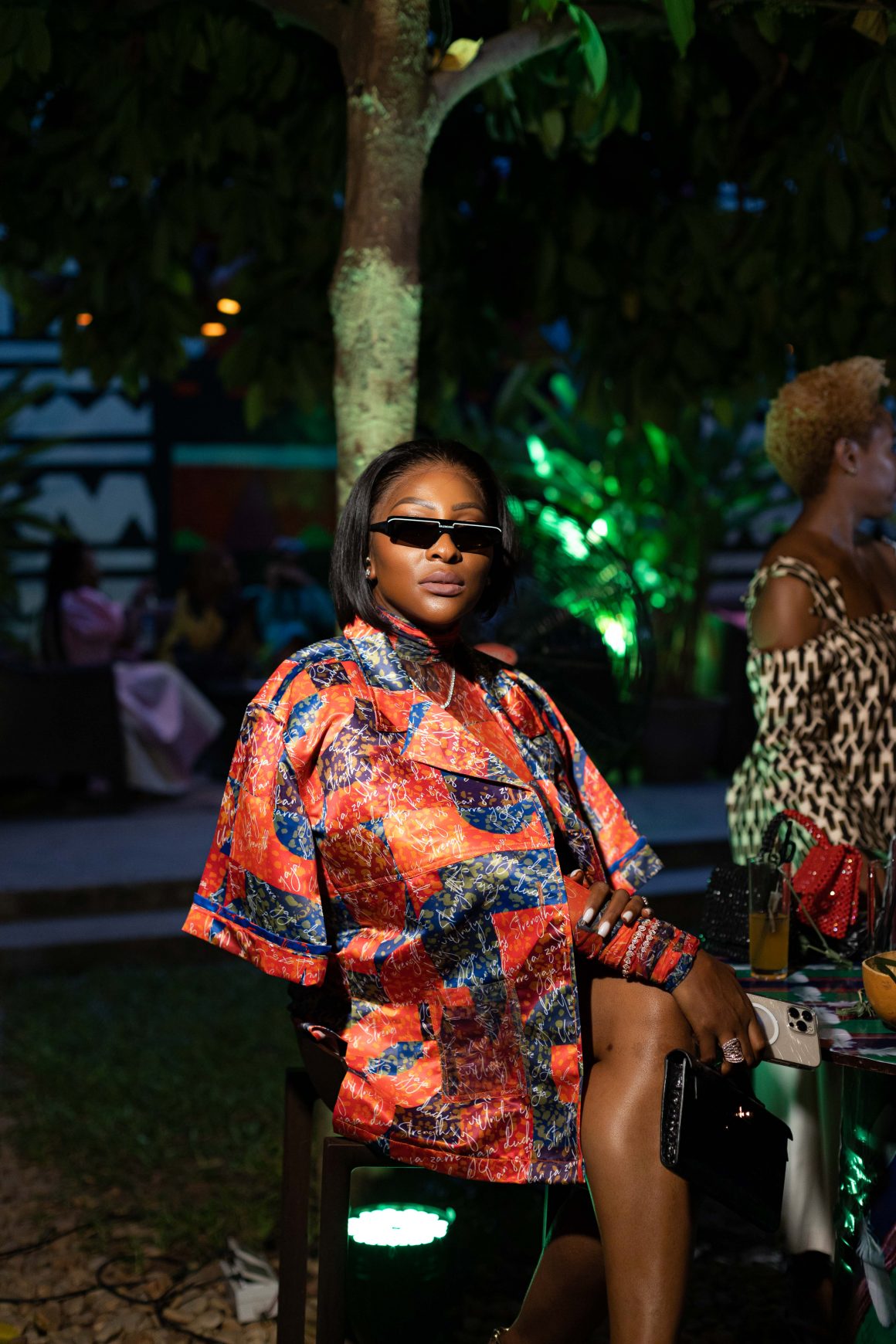

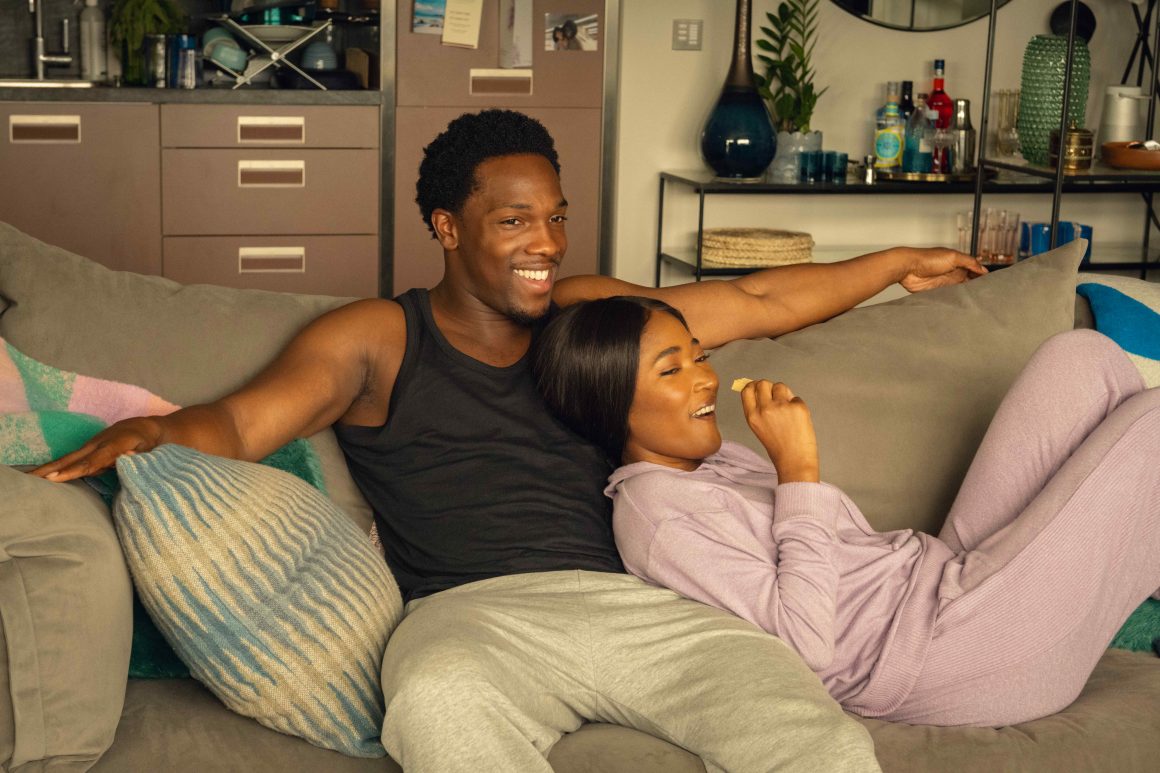
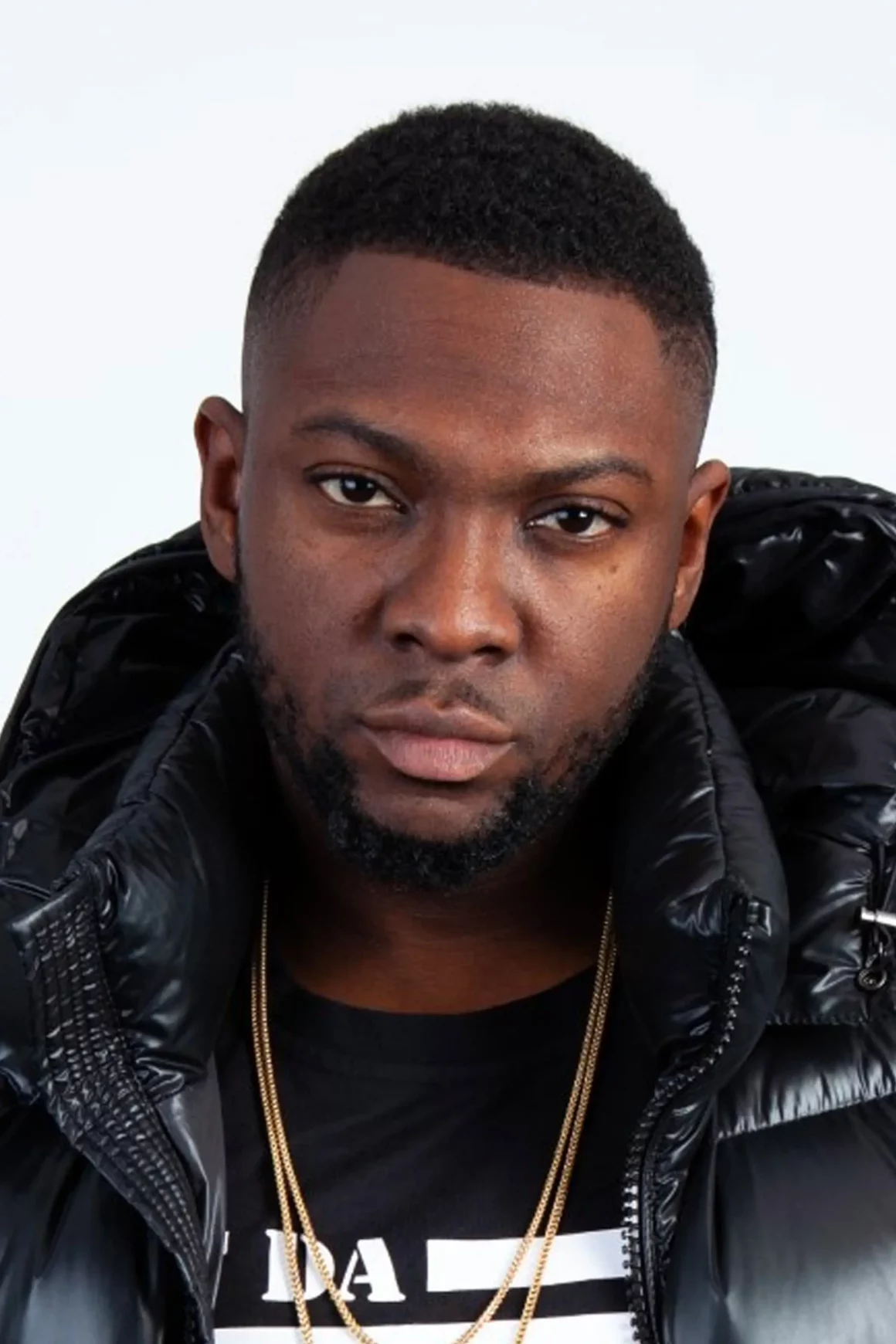
Review
First, ‘Supacell’ stands out for its realistic portrayal of Black people in London. The characters’ backstories are rich and varied, reflecting the diverse experiences of the Black British community. We’ve grown accustomed to seeing Black American movies, but we don’t have that many Black British stories out there. ‘Supacell’, however, sets a precedent and a high standard for more British Black narratives, offering fresh perspectives to a community often overlooked in mainstream media.
The show quickly unravels in bits, first portraying the characters’ lives and bits of their backstory, then the initial disbelief when they discover their powers and then grappling with these powers in a manner that feels authentic.
While many feel the six episodes are too short, we think it perfect seeing how it ended on such an intense cliffhanger because now we all know we’re marching all the way to Netflix’s head office if they don’t give us a second season.



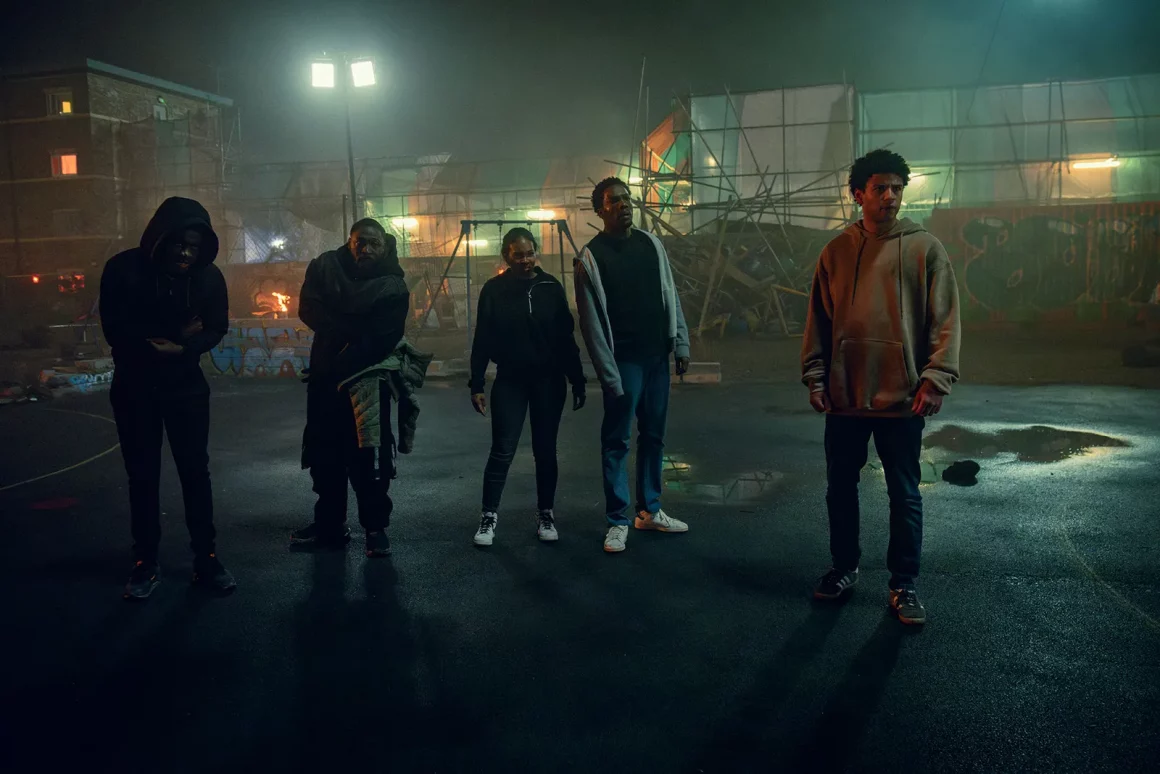
The pacing is well-managed, keeping viewers hooked with a perfect mix of action and drama.
Now, the cast???
Near perfection!
The entire cast of “Supacell” delivers compelling performances, from major to minor roles; each one sucked us right into their character’s realities.
Nigerians are certainly even more giddy about this series, seeing that a number of the main cast are of Nigerian descent, including, Tosin Cole(Michael), Adelayo Adedayo (Dionne), Rayxia Ojo (Sharleen), Michael Salami (Gabriel), to mention a few. Several other cast members also share African heritage from Ghana, Gambia, etc. Not surprising with the alarming rate at which Nigerians have trooped to the UK over the years, we were bound to have a British film with 80% of the actors being of Nigerian or at least African descent. Tosin Cole in the role of Michael and Adelayo Adedayo as Dionne totally steal our hearts with their very first scene which was a show opener like no other. We certainly love a show that captivates us from the very first scene!
We also noticed the nod to Nigerian food with one of the characters eating something that looked like Eba with Egusi soup, not to mention that authentic Nigerian accent which we have been complaining about for the longest time! A huge thank you to Rapman for refreshing the timeline of Nigerian accents on foreign TV shows.
The chemistry between the cast members is palpable, from the romance to friendships, bromance, etc, all adding to the show’s appeal. Their interactions range from heartfelt and supportive to tense and confrontational, reflecting the complexities of real-life relationships.
Visually, “Supacell” is simply stunning. The cinematography is simple but manages to capture the gritty beauty of London, contrasting it with the surreal manifestations of the character’s powers. The special effects are not the best we’ve seen, but they are good enough to enhance the storytelling without overwhelming it.
The surprising yet significant intention behind “Supacell” is to create awareness about sickle cell anaemia, a condition that disproportionately affects Black communities. This underlying message is woven into the narrative subtly yet effectively, making the series entertaining, informative, and socially relevant.
Overall, we have nothing more to add except that we’re gingerly hoping for a swift announcement of a second season!

